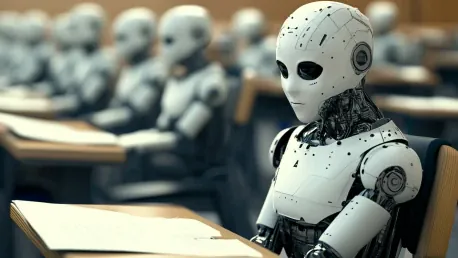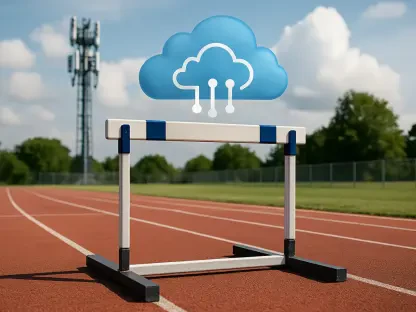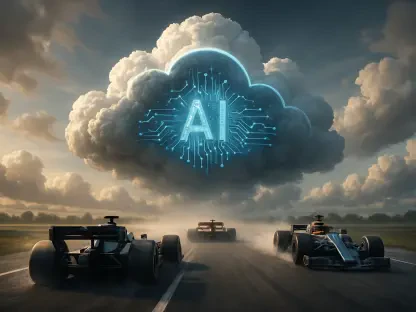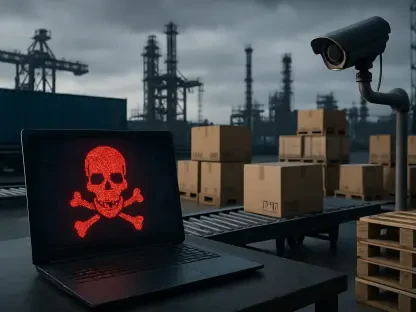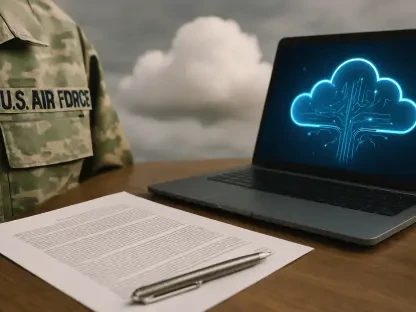In a groundbreaking move, Pearson and Microsoft have announced a multiyear partnership aimed at transforming the future of learning and work through the power of artificial intelligence (AI). This collaboration seeks to address the pressing challenges associated with AI skilling and learning, preparing the workforce for an AI-driven economy. The partnership leverages Pearson’s extensive expertise in learning and assessment, combined with Microsoft’s advanced cloud and AI technologies. Together, they aim to bridge the critical gap in AI skills, which is seen as a major hurdle for industries looking to integrate AI into their operations.
Personalized Learning at Scale
Pearson plans to harness the capabilities of Microsoft Azure Cloud Computing and AI infrastructure to enhance its educational content, assessment, upskilling, and certification services. This initiative will enable personalized learning experiences for millions of individuals worldwide, catering to various stages of their educational journeys. By utilizing AI, Pearson can offer tailored educational content that adapts to the unique needs and learning styles of each student. This approach not only improves the effectiveness of learning but also ensures that learners can progress at their own pace, making education more accessible and inclusive.
The collaboration also aims to scale these personalized learning experiences, reaching a broader audience and providing opportunities for continuous learning and development. This is particularly important in an era where technological advancements are rapidly changing the skills required in the workforce. Personalized learning at scale assists not only students but also professionals seeking to upgrade their skills. With AI’s analytical power, Pearson can create more adaptive learning paths and provide detailed feedback that helps learners understand their progress and areas needing improvement. This effort aligns seamlessly with the growing need for lifelong learning in today’s dynamic job market.
Innovative Collaboration and Market Opportunities
Both companies are committed to enhancing AI proficiency and technical skills through innovative initiatives. This includes the development of new AI credentials and certifications, as well as AI tools targeted at skills development, such as English language learning. These new credentials and certifications will provide learners with the necessary skills to thrive in an AI-centric economy. By offering industry-recognized qualifications, Pearson and Microsoft aim to boost employability and career prospects for individuals across various sectors. The partnership also opens up new market opportunities for both companies. By combining their strengths, Pearson and Microsoft can drive mutual growth, enabling technological advancements and expanding their reach in the education and training market.
Additionally, this collaboration emphasizes the importance of innovative training methods that keep pace with the rapid evolution of AI technologies. The development of AI-based tools for skill enhancement is a prime example of how the partnership aims to use technology to address contemporary educational needs. By focusing on both technical skills and soft skills, such as language proficiency, Pearson and Microsoft are ensuring a holistic approach to workforce development. This comprehensive strategy not only prepares individuals for current job demands but also equips them with versatile competencies for future roles.
Investing in Technology-Driven Careers
The collaboration extends Microsoft’s partnership with Pearson VUE, a provider of Microsoft Cloud and Office certifications. These certifications have already empowered millions of individuals, and the partnership aims to expand their reach and availability, making them accessible to a broader audience. By investing in technology-driven careers, Pearson and Microsoft are helping to build a workforce that is equipped with the skills needed to navigate the complexities of an AI-driven economy. This includes not only technical skills but also the ability to adapt to new technologies and continuously learn and grow.
The partnership also highlights the importance of reskilling and upskilling the workforce to meet the demands of the future. By providing accessible and relevant training, Pearson and Microsoft are ensuring that individuals can stay competitive in a rapidly changing job market. Moreover, the focus on technology-driven careers underlines a commitment to developing a future-ready workforce that can handle emerging challenges. As AI continues to evolve, the necessity for such forward-thinking educational strategies becomes even more crucial, positioning both companies as leaders in the field of AI education and workforce development.
Powering the Pearson Workforce
Pearson plans to deploy Microsoft 365 Copilot across its global workforce, having previously tested and implemented the tool. This deployment aims to enhance workplace efficiency, creativity, and productivity, thereby improving overall operational performance. Microsoft 365 Copilot leverages AI to assist employees in their daily tasks, helping them to work more efficiently and effectively. By integrating this tool into its operations, Pearson is setting an example of how AI can be used to drive innovation and improve business outcomes.
Moreover, the deployment of Microsoft 365 Copilot reflects Pearson’s commitment to adopting cutting-edge technology to enhance its workforce’s capabilities. This move not only boosts internal productivity but also showcases how AI tools can foster a culture of innovation within a company. By automating routine tasks, Copilot enables employees to focus on more strategic and creative aspects of their roles. This, in turn, can lead to higher job satisfaction and better performance, demonstrating how AI can be harnessed to create a more dynamic, efficient, and innovative work environment.
Addressing the AI Skills Gap
The partnership between Pearson and Microsoft is a strategic response to the growing need for AI skills in the workforce. According to an IDC survey, a lack of skilled workers is a significant barrier for enterprises in implementing AI technology. Microsoft’s 2024 Work Trend Index Annual Report also highlights that a substantial number of leaders are reluctant to hire individuals without AI skills. This underscores the importance of providing effective and responsible AI training to support growing AI investments across industries. Pearson’s own research indicates that generative AI can help workers save substantial time on routine tasks, thereby reducing burnout. By addressing the AI skills gap, Pearson and Microsoft are helping to create a more efficient and productive workforce.
Furthermore, by focusing on AI skill development, the partnership aims to eliminate barriers that hinder the adoption of AI in various sectors. The training programs and certifications designed by Pearson and Microsoft will provide employees with the necessary knowledge and tools to leverage AI effectively. This, in turn, will facilitate the integration of AI technologies into business processes, thereby enhancing overall productivity and innovation. The practical application of these skills in real-world scenarios will be crucial in realizing the full potential of AI across different industries.
Broader Impact and Future Prospects
In a landmark initiative, Pearson and Microsoft have embarked on a multiyear collaboration aimed at revolutionizing the future of education and the workplace through the use of artificial intelligence (AI). This strategic partnership focuses on addressing major challenges tied to AI skilling and learning, equipping the workforce for a rapidly evolving, AI-centered economy. Through this alliance, Pearson’s deep-rooted expertise in education and assessment is seamlessly fused with Microsoft’s cutting-edge cloud computing and AI technologies. Together, they are poised to close a critical gap in AI competencies, which is a significant obstacle for industries attempting to incorporate AI within their processes. By enhancing AI education and workforce readiness, the partnership not only aims to foster a more skilled workforce but also seeks to drive innovation and growth across various sectors. This joint effort underscores the importance of preparing for an AI-integrated future and ensures that both companies remain at the forefront of this technological shift.
